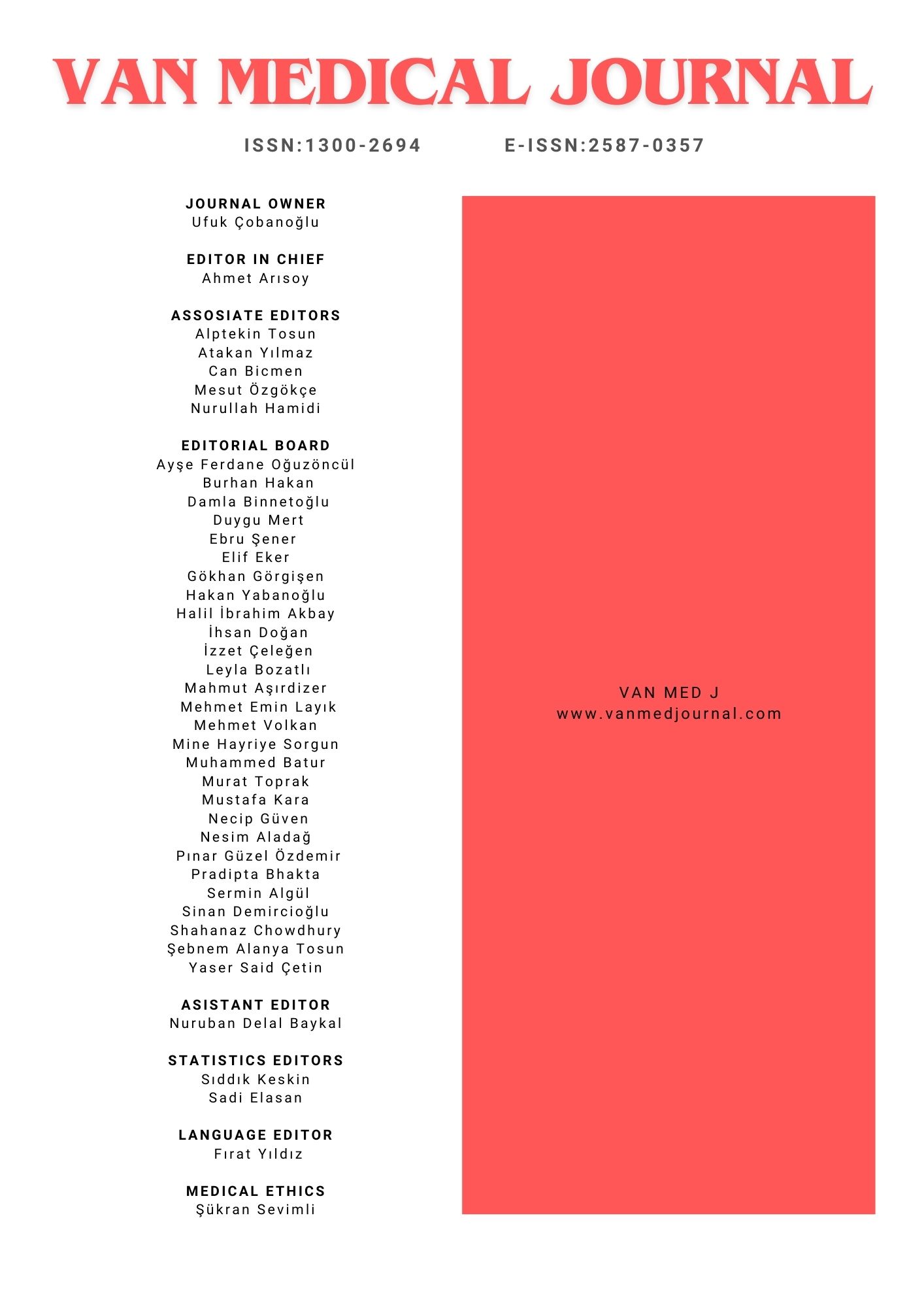Obstetric and Perinatal Outcomes in Pregnant Women with Epilepsy: A Comparative Study of Monotherapy and Polytherapy
Recep Taha Ağaoğlu1, Özgür Volkan Akbulut1, Aziz Kından1, Kubilay Çanga1, Ayse Cigdem Bayrak1, Ahmet Arif Filiz1, Beyza Arslan2, Gülşan Karabay1, Zehra Yılmaz11Department of Perinatology, Ministry of Health, Ankara Etlik City Hospital, Ankara, Turkey2Department of Obstetrics and Gynecology, Ministry of Health, Ankara Etlik City Hospital, Ankara, Turkey
INTRODUCTION: This study aimed to evaluate the clinical, obstetric, and perinatal outcomes of pregnant women with epilepsy and to investigate the impact of antiepileptic drug (AED) regimens (monotherapy versus polytherapy) on these outcomes.
METHODS: This retrospective study included 98 singleton pregnancies with epilepsy who delivered at a tertiary referral center between October 2022 and May 2025. Patients were grouped based on AED use: monotherapy or polytherapy. Composite adverse perinatal outcome (CAPO), including preterm birth, NICU admission, low Apgar scores, and neonatal complications, was the primary outcome. Univariate and multivariate logistic regression analyses were performed to identify factors associated with CAPO.
RESULTS: Among the participants, 76 (77.6%) received antiepileptic treatment; 60 (61.2%) received monotherapy and 16 (16.3%) received polytherapy. CAPO occurred in 37.8% of all cases, with a significantly higher rate in the polytherapy group compared to the monotherapy group (p = 0.017). Seizure during pregnancy (p=0.030), cesarean delivery due to fetal distress (p=0.047), and lower birth weight (p = 0.032) were more frequent in the polytherapy group. In multivariate analysis, polytherapy was identified as an independent predictor of CAPO (aOR: 10.609; 95% CI: 1.617-69.604; p=0.014), while higher gestational age at delivery was protective (p=0.004).
DISCUSSION AND CONCLUSION: This study revealed that cases of polytherapy resulted in significantly elevated incidence of seizures during pregnancy, cesarean sections due to fetal distress, low birth weight, and CAPO compared to monotherapy. The data suggest that the use of multiple antiepileptic drugs may adversely affect perinatal outcomes by increasing fetal exposure.
Manuscript Language: English

